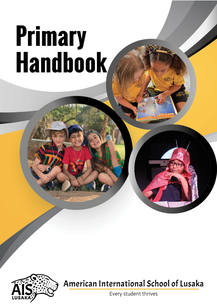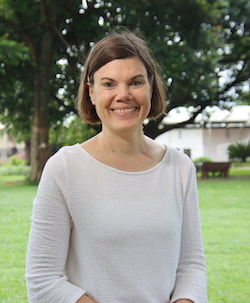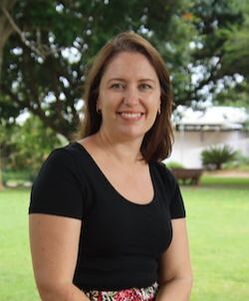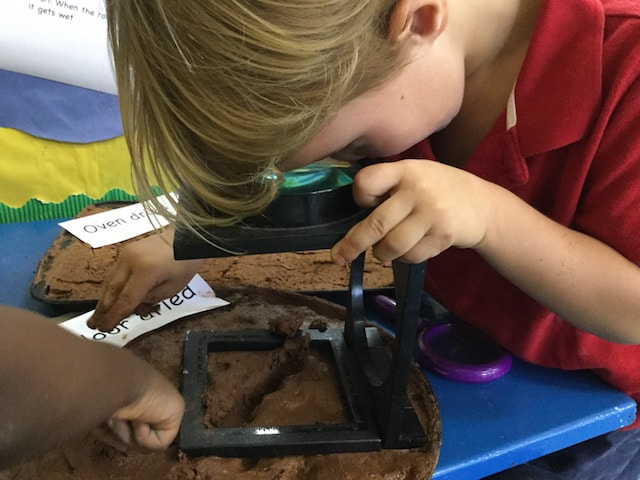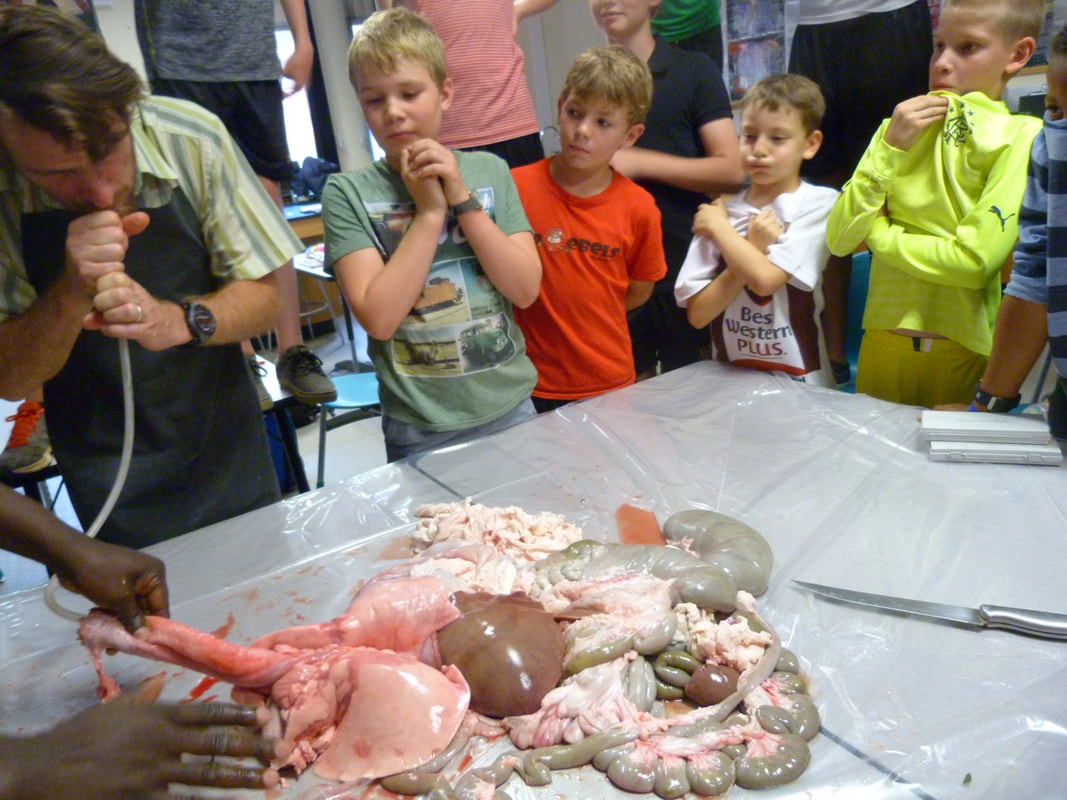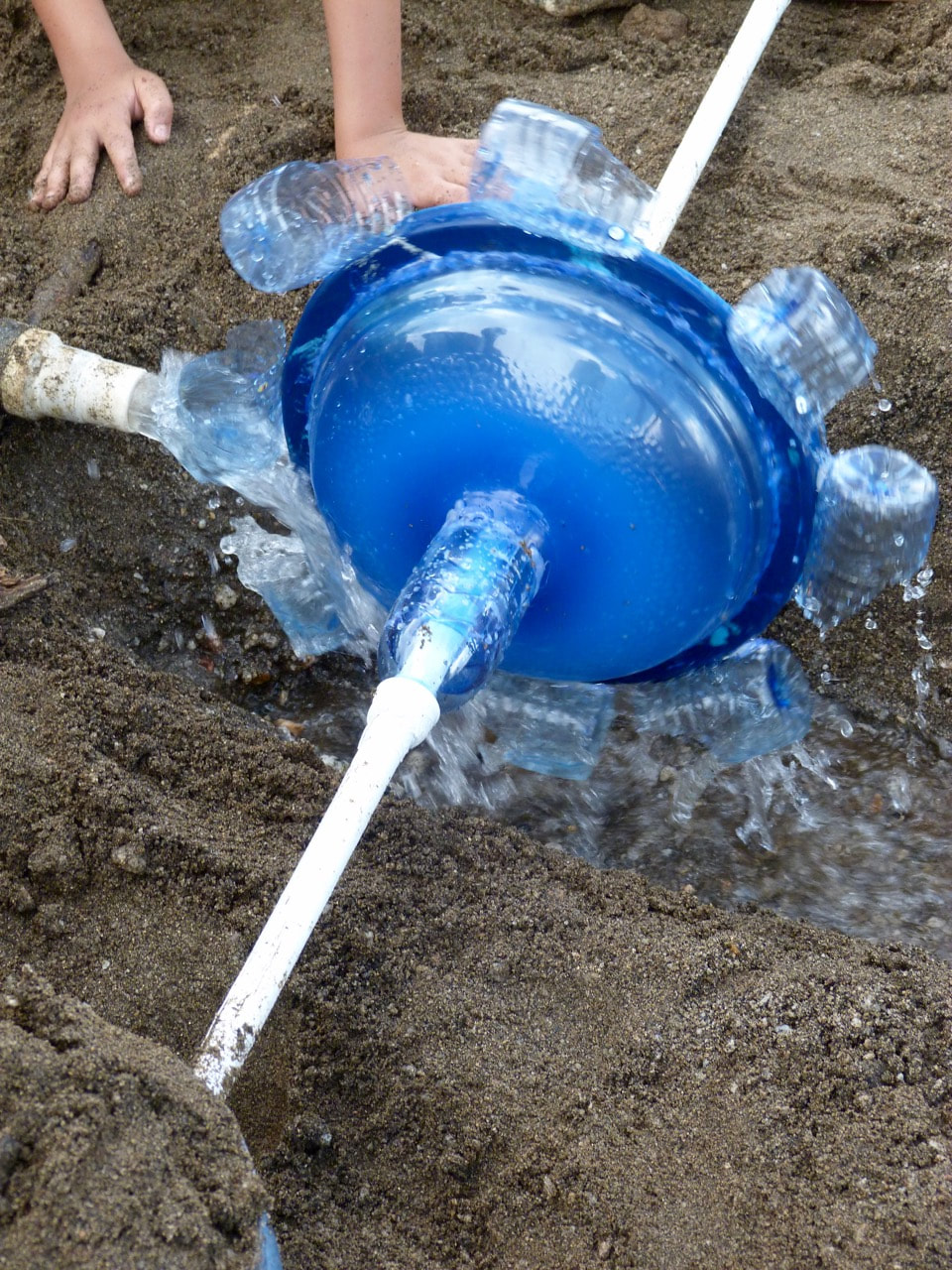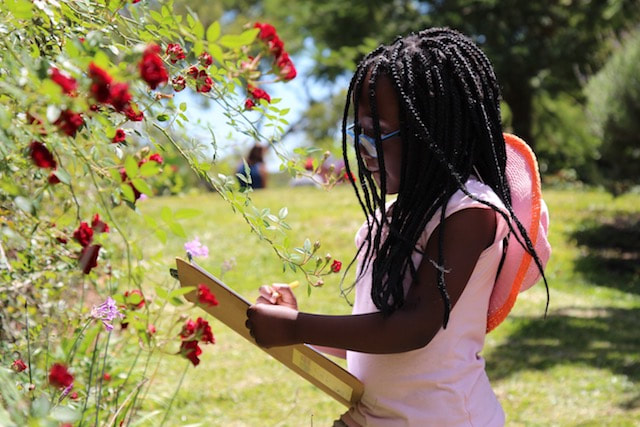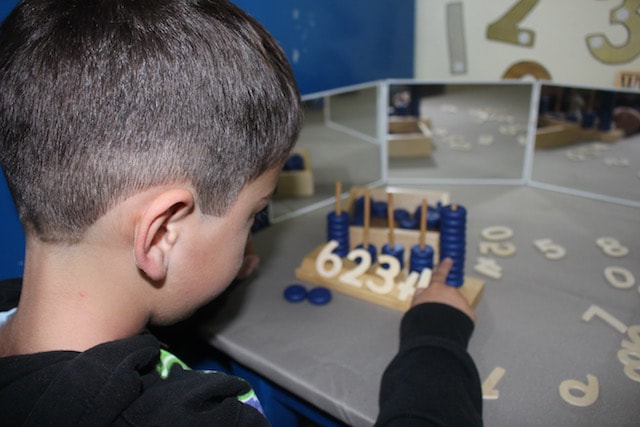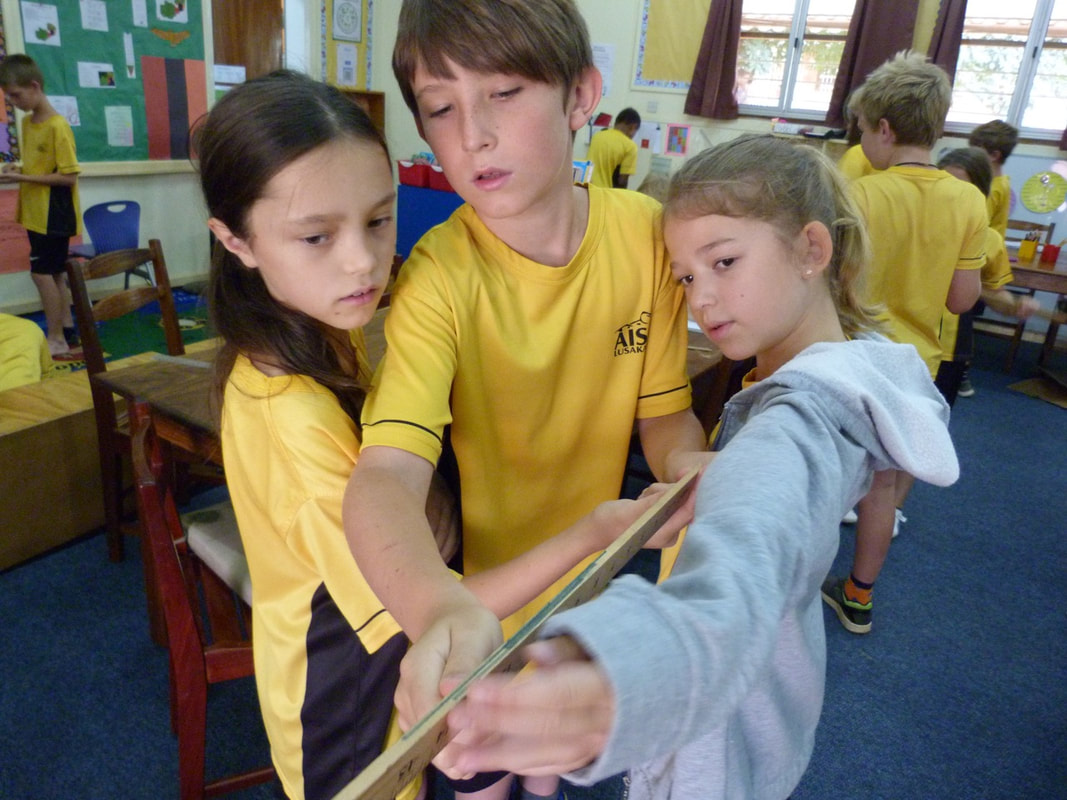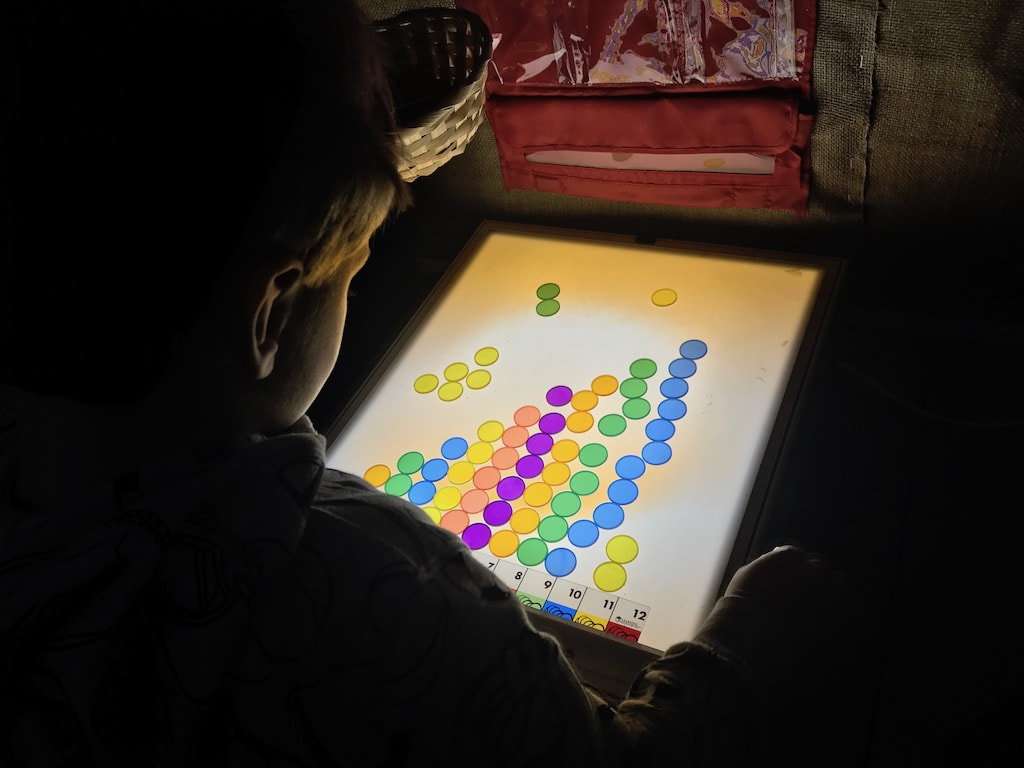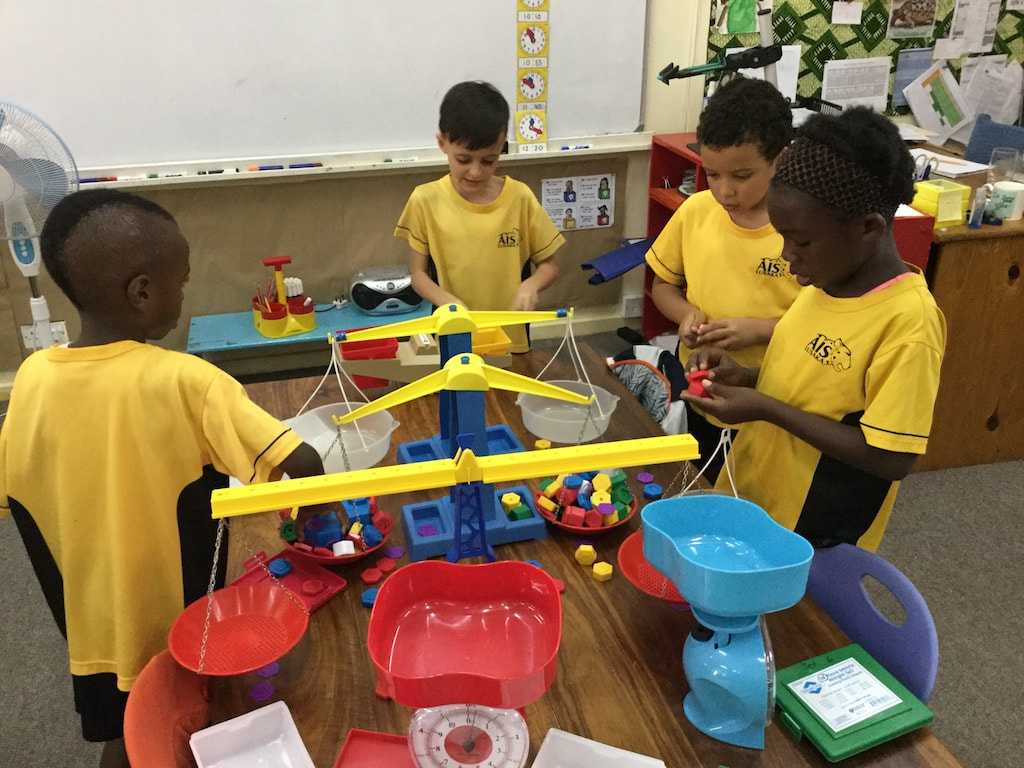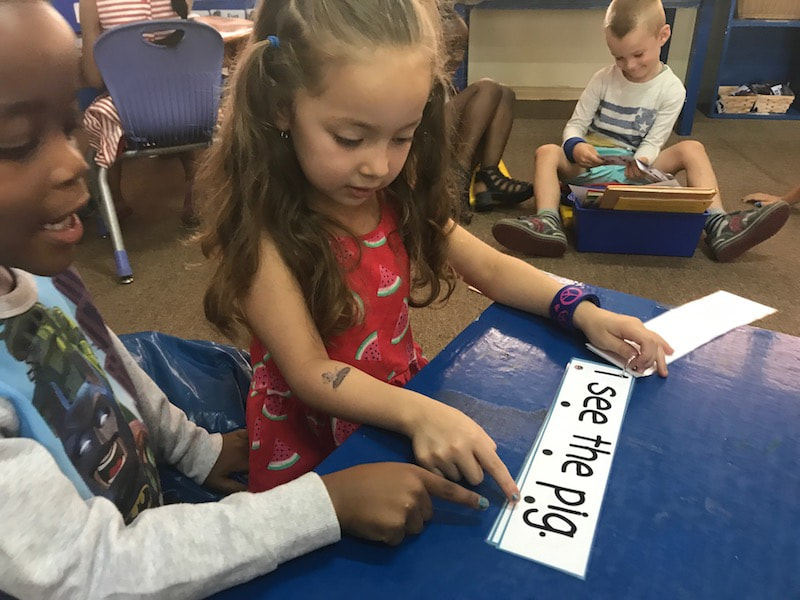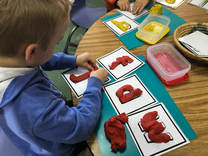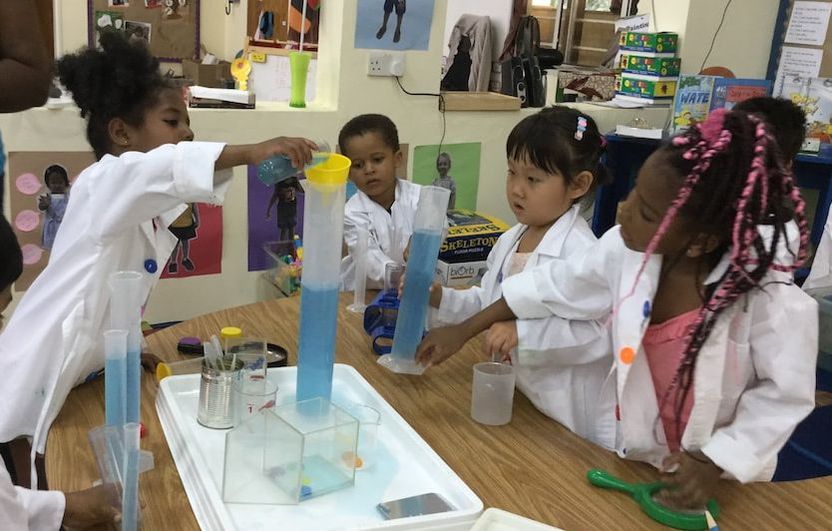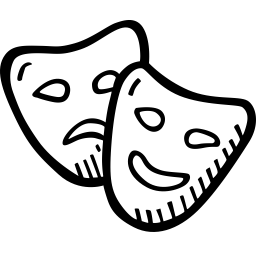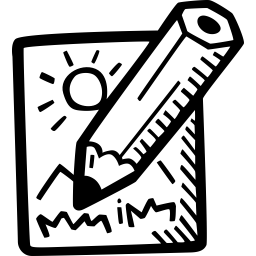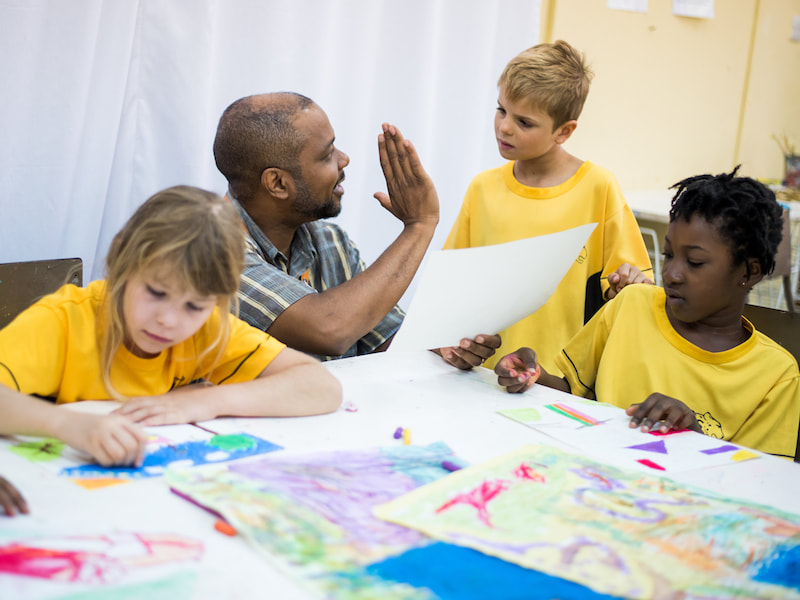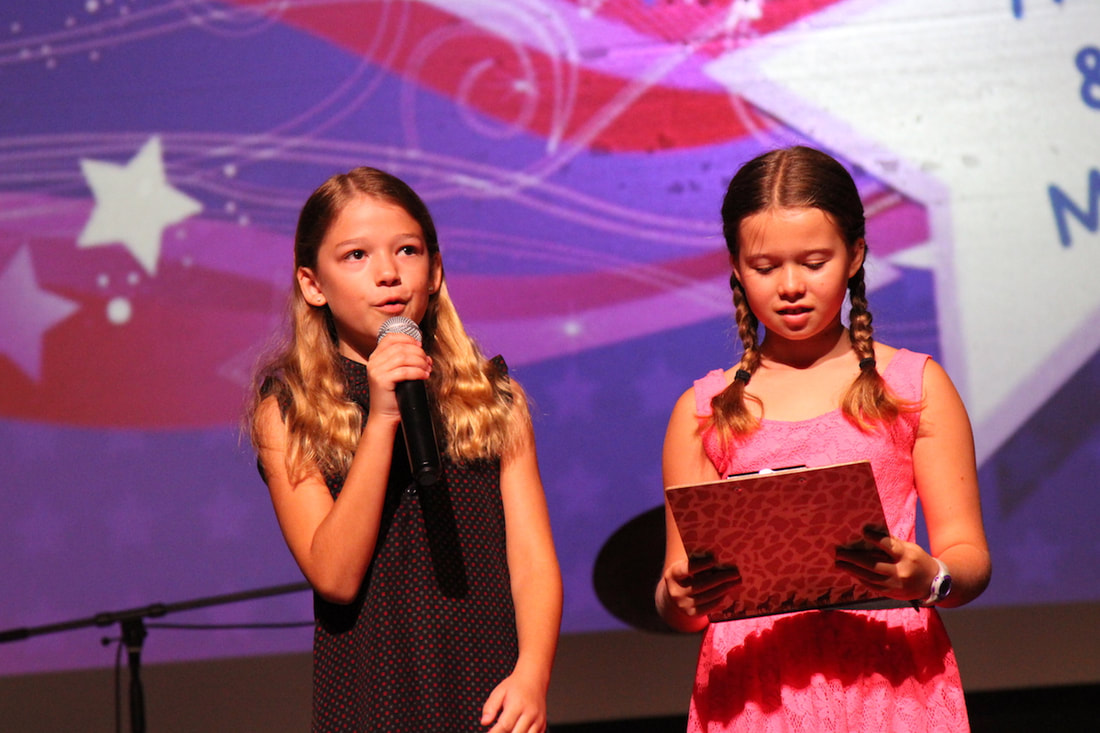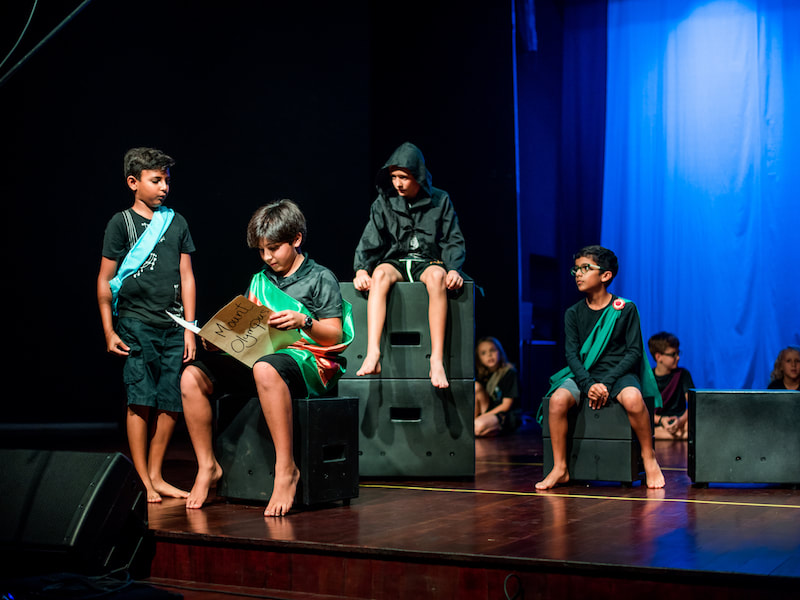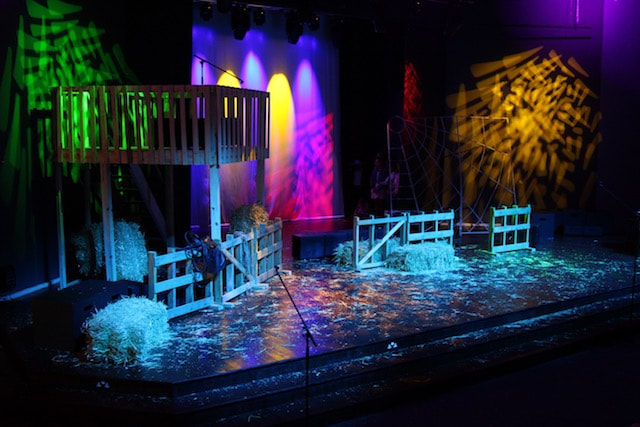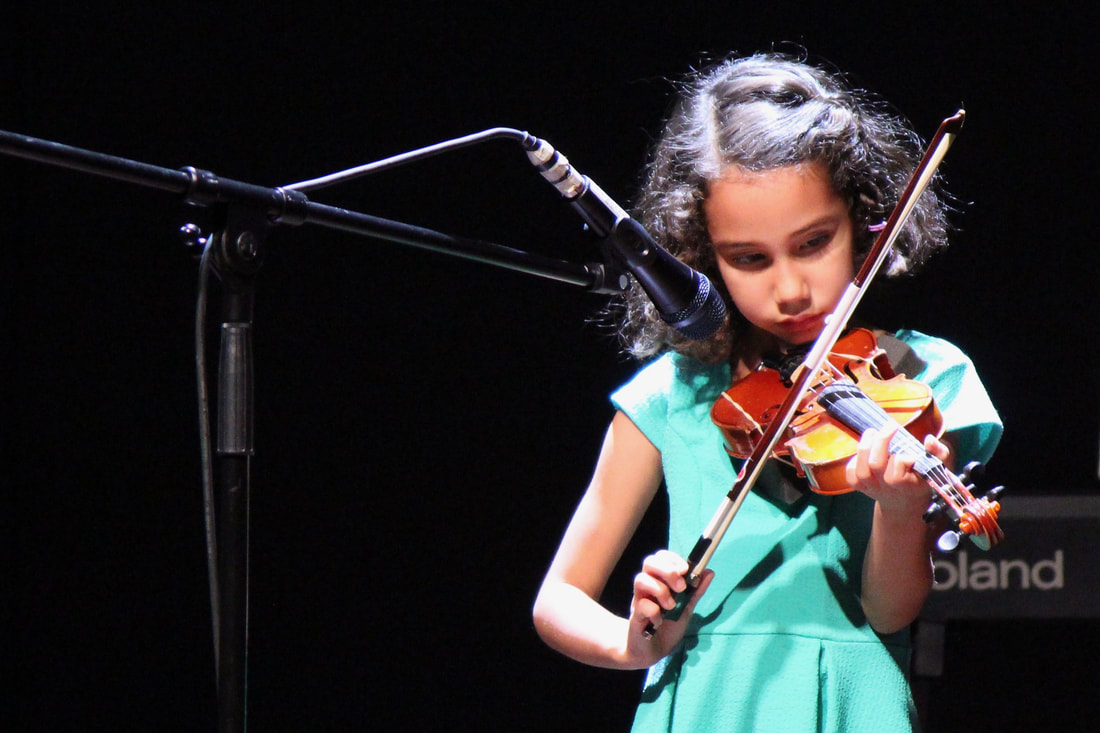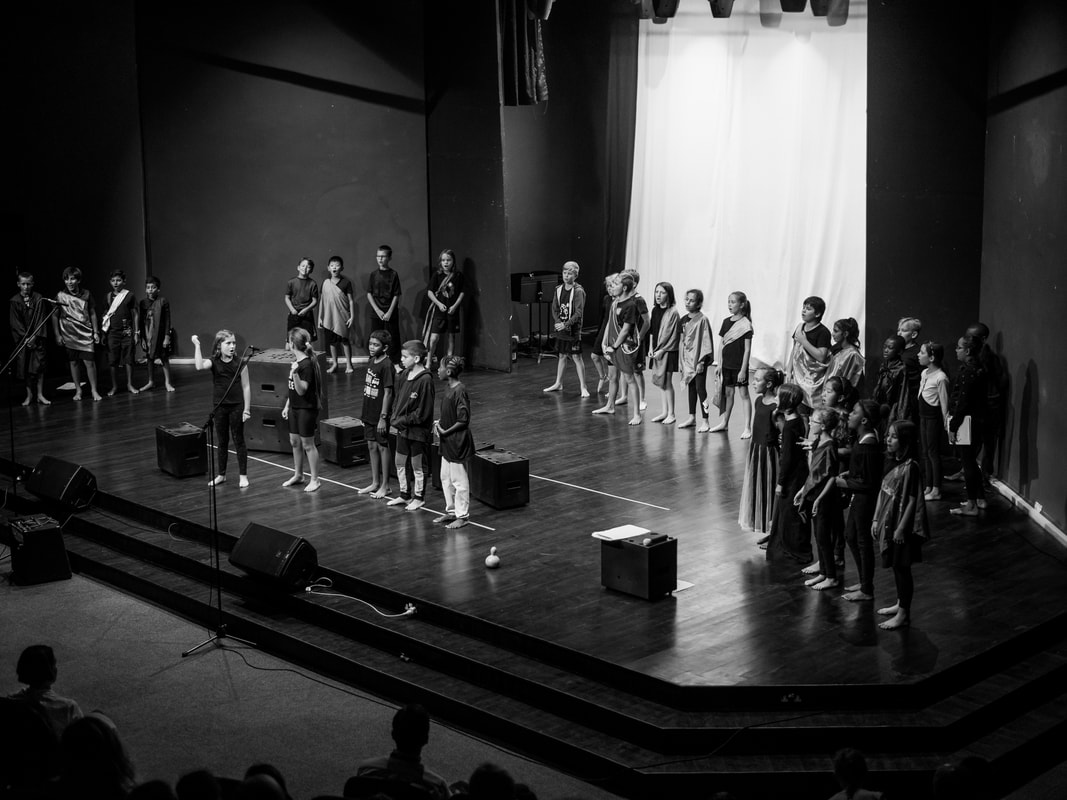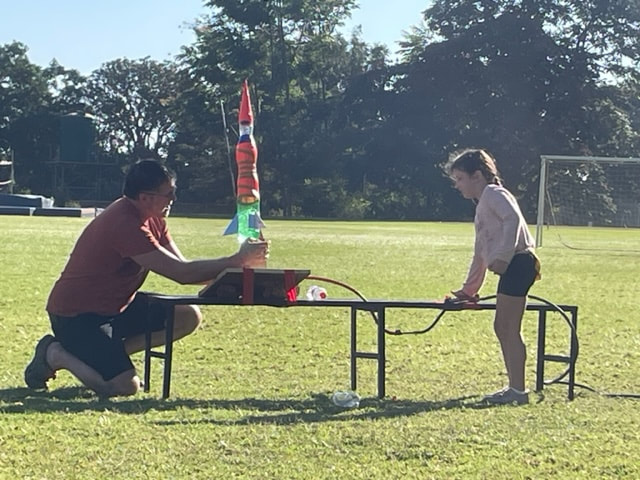|
Welcome to the Primary School of the American International School of Lusaka.
As an IB school, authorized to offer the Primary Years Programme, we aim to provide a holistic education for children. At AISL, we believe that every child is a capable, unique learner whose rights are valued. They are infinitely curious, creative, and approach their learning with enthusiasm, respect and compassion for others. With differentiated support, children are empowered to take action, make connections, and develop individual strategies to enrich their learning, acquiring the confidence and self-awareness needed to take ownership of their learning.
As an inquiry-based program, we aim to nurture and inspire learners to be courageous, resilient, proactive students who are equipped to thrive in a dynamic world. We believe that children learn by actively participating in authentic and meaningful experiences both in the classroom and in our local community. Through reflection, critical thinking, creative problem-solving and agency, they become competent and confident in making informed choices as part of their learning process. We believe that a holistic education supports students' socio-emotional and academic growth, empowering them to be lifelong learners.
At AISL, we aim to provide a supportive environment that cultivates and encourages trust, respect, open-mindedness, and integrity for our diverse school community where all members feel a sense of belonging. Strong family-school partnerships are vital to the community. We define family partnerships as working together as a team to maximize learning and support for our students and community as a whole through healthy, realistic expectations in the classroom and at home. When strong family-school partnerships are established and maintained, the community thrives. We hope that you will be a part of our diverse learning community in whatever way you can. Your questions, dialogue and feedback help strengthen us, not only as a school, but as a community. Whether you are new to AISL or returning for another year, we know from time to time you will have questions regarding all that is happening in the Primary School. Please take the time to read through the Primary School Handbook. We believe it will serve as a useful guide in answering many of the questions you may have about the classroom, the curriculum, and the daily routines in the Primary School. For any further questions, please do not hesitate to contact us. Once again, welcome. We look forward to working together with you. Regards, Darlene Huson [email protected] |
Vertical Divider
Meet the Leadership TeamDarlene HusonSimone Lieschke |

AISL is authorized to offer the curricular framework of the International Baccalaureate Organization Primary Years Program (PYP) which embraces a developmental inquiry-based approach to learning, accepting children’s existing level of learning and validating their strengths, experiences, languages, and cultures. Children are encouraged to develop their knowledge, skills, concepts, attitudes, and competencies within an atmosphere that fosters a sense of belonging, self-confidence, a love of learning, and the development of positive personal values and qualities. The environment supports students, as they become independent, self-directed learners, helping them build strategies to seek their own solutions. As active participants, children are given opportunities to explore and interact meaningfully with the world around them. The diverse teaching strategies employed recognize learning as multidimensional and that each child has a unique learning style. The written, taught and assessed curriculum are designed to be engaging, relevant and challenging for each learner.
|
The Primary Years Program at AISL is comprised of students in the Early Learning Center (ELC), a multi-age 3-5 year old program, through Grade 5 (10-11 years old). There are typically two classes in each grade level. Homeroom teachers work collaboratively with specialist teachers to create transdisciplinary learning experiences. All teachers communicate on a regular basis allowing for meaningful integration between subjects. This approach promotes transdisciplinary learning. Some units of study are taught as stand alone units so students can develop a deeper understanding of the given discipline, however the majority of the teaching and learning is developed through the study of units in the program of inquiry.
|
|
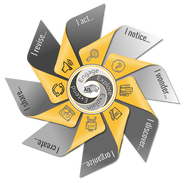
At AISL, we focus on inquiry as the key element to engage learners, promote agency and develop meaningful life-long learning. The PYP transdisciplinary framework focuses on the development of the whole child as an inquirer, both at school and beyond. The PYP nurtures independent learning skills, encouraging every student to take responsibility for their learning. Reflection, questioning and connection making underpin the AISL learning journey. Teachers ensure regular times for student reflections, question generation and intentional connection making between knowledge, understandings and real world experiences.
In Focus...
Primary Years Programme
Curriculum
Subjects
Primary Years Programme
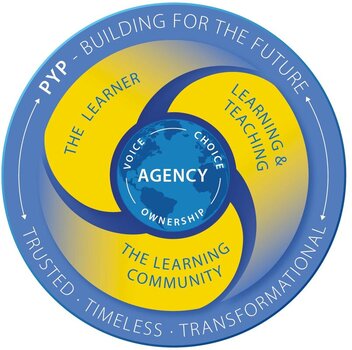
The Primary Years Program (PYP) is designed for students aged 3 to 12. It focuses on the development of the whole child as an inquirer, both in the classroom and in the world. It is a curriculum framework guided by six transdisciplinary themes of global significance, explored using knowledge and skills derived from six subject areas, as well as approaches to learning, with an emphasis on inquiry.
AISL has been proudly offering the Primary Years Program since 2002. The PYP provides a curriculum framework for children from the Early Learning Center to Grade 5 that is engaging, relevant, challenging and significant for all learners with their diverse strengths and backgrounds. The PYP represents a combination of wide-ranging research and experience from best practice around the world that focuses on the developing child. It touches hearts as well as minds and encompasses social, physical, emotional, academic and cultural aspects of learning.
The PYP model is built around the learner profile, the IB’s beliefs and values translated into a set of learner attributes, with an underpinning theme of international-mindedness. Students inquire into, and learn about, globally significant issues through units of inquiry, each of which addresses a central idea relevant to a particular transdisciplinary theme. These units collectively constitute AISL’s Program of Inquiry. In the ELC students learn through four units of inquiry and in kindergarten to Grade 5 students inquire into six units.
Students make connections, make their thinking visible, and build on learning experiences from one subject area to another. They develop conceptual understandings, build essential skills, gain knowledge, develop attitudes, and learn to take responsible action. Students at AISL engage in learning both within the classrooms and in the local environment for field learning.
For more information about the Primary Years Programme, please contact our PYP Coordinator, Simone Lieschke: [email protected] or visit the IB website.
AISL has been proudly offering the Primary Years Program since 2002. The PYP provides a curriculum framework for children from the Early Learning Center to Grade 5 that is engaging, relevant, challenging and significant for all learners with their diverse strengths and backgrounds. The PYP represents a combination of wide-ranging research and experience from best practice around the world that focuses on the developing child. It touches hearts as well as minds and encompasses social, physical, emotional, academic and cultural aspects of learning.
The PYP model is built around the learner profile, the IB’s beliefs and values translated into a set of learner attributes, with an underpinning theme of international-mindedness. Students inquire into, and learn about, globally significant issues through units of inquiry, each of which addresses a central idea relevant to a particular transdisciplinary theme. These units collectively constitute AISL’s Program of Inquiry. In the ELC students learn through four units of inquiry and in kindergarten to Grade 5 students inquire into six units.
Students make connections, make their thinking visible, and build on learning experiences from one subject area to another. They develop conceptual understandings, build essential skills, gain knowledge, develop attitudes, and learn to take responsible action. Students at AISL engage in learning both within the classrooms and in the local environment for field learning.
For more information about the Primary Years Programme, please contact our PYP Coordinator, Simone Lieschke: [email protected] or visit the IB website.
Curriculum
Units of Inquiry
Mathematics
Language
Science
Social Studies
Units of Inquiry
|
The IB Primary Years Programme (PYP) for children aged 3 - 12 nurtures and develops young students as caring, active participants in a lifelong journey of learning (www.ibo.org). It focuses on the development of the whole child as an inquirer, both in the classroom and in the world. It is a curriculum framework guided by six transdisciplinary themes of global significance, explored using knowledge and skills derived from six subject areas, as well as approaches to learning, with an emphasis on inquiry.
|
|
Our focus is on the Approaches to Teaching and Learning (ATL’s) including learning skills related to thinking, communication, social, self-management and research; and teaching skills that are inquiry-based, conceptual, have local and global contexts, are focused around collaboration, are differentiated and are informed by assessments.
|
|
Mathematics
|
The design of the PYP is sufficiently flexible to accommodate the demands of national or local curriculums.(1) AISL is not required to follow a designed national curriculum, as such, we aim to develop curriculum that meets the diverse needs of our international learners. In 2015 we adopted the Common Core State Standards (CCSS) in Mathematics(2) and made some revisions and additions to support the learning of our students, learners in Zambia. Additionally, we included standards for the Early Learning Center (3) and related the CCSS to the overall expectations of the PYP mathematics scope and sequence. In March 2019 we reviewed the conceptual understandings as well as the validity of the standards in place.
|
|
The CCSS define what students should understand and be able to do by the end of each grade and the CCSS for mathematics place an emphasis on applying mathematics to the real world. Mathematical instruction includes both the proficiency in, and processes of, mathematics. The CCSS are a shift in the direction of mathematics education. Students are no longer learning content as isolated facts, but rather as tools to solve a wide range of problems. Mathematical understanding and procedural skills are equally important, and both are applied using mathematical tasks that are developmentally appropriate.
|
To reflect the unique learning journey of each of our students, we support each child through a developmental approach. In 2018, we modified our Math standards to better meet the varied developmental needs of our students. The PYP states, "it is necessary to identify the learners current developmental phase in order to plan learning experiences that will build on existing capability and understanding as to support the learner's progression on the next developmental phase." The standards define expectations of students to meet by the end of each learning phase within each Math strand. With this in mind, AISL understands that each learner is on a developmental continuum and that a student will be working towards an appropriately challenging goal within a variety of phases. Students build upon a strong foundation of previously mastered standards. A progression of knowledge and skills can be viewed in the Early Years Phase 0A to Upper Primary Phase 5 domains. The standards define what students should understand and be able to do by the end of each phase. The standards are divided into domains which are larger groups of related standards identified as Number & Place Value, Measurement & Data, Geometry, and Operations & Algebraic Thinking.
The standards begin with eight Standards for Mathematical Practice. The Standards for Mathematical Practices describe ways in which students may engage with the subject matter as they grow in mathematical maturity and expertise throughout the primary and secondary school. The Standards for Mathematical Practices are a balanced combination of procedure and understanding.
The standards begin with eight Standards for Mathematical Practice. The Standards for Mathematical Practices describe ways in which students may engage with the subject matter as they grow in mathematical maturity and expertise throughout the primary and secondary school. The Standards for Mathematical Practices are a balanced combination of procedure and understanding.
Our Mathematics continuum can be viewed through the parent portal.
Language
The design of the PYP is sufficiently flexible to accommodate the demands of national and local curriculums. AISL is not required to follow a designed national curriculum, as such, we aim to develop curriculum that meets the diverse needs of our international learners. In 2015 we adapted the Common Core State Standards in English Language Arts ensuring that standards were applicable to the learning of our students. Additionally, we included standards for the Early Years based primarily on the Creative Curriculum as well as supplemental standards from New York Standards. The IB Language Scope and Sequence is reflected through the conceptual understandings as a base for language learning. The standards are research and evidence based, rigorous, and internationally benchmarked.
|
To reflect the unique learning journey of each of our students, we support each child through a developmental approach. The PYP states, "In all language learning situations, it is necessary to identify the learners current developmental phase in order to plan learning experiences that will build on existing capability and understanding as to support the learner's progression on the next developmental phase." The standards define expectations of students to meet by the end of each learning phase within each Language strand. With this in mind, AISL understands that each learner is on a developmental continuum and that a student will be working towards an appropriately challenging goal within a variety of phases. Students build upon a strong foundation of previously mastered standards. A progression of knowledge and skills can be viewed in the Early Years Phase 0A to Upper Primary Phase 5 domains.
|
|
AISL’s Language standards are divided into domains which are larger groups of related standards identified as Reading Literature, Reading Informational, Reading Skills, Writing Content, Conventions, and Speaking & Listening. These learning strands are both student and teacher assessed and progress is documented on the report card. The standards provide the framework to plan and develop learning activities in literacy and across the disciplines of social studies, science, visual arts, performing arts, physical education, mathematics and information technology. Just as students must learn to read, write, speak, listen, and use language effectively in a variety of content areas and in multiple disciplines, instruction in Language is a shared responsibility throughout the school. The PYP, with its inquiry-based pedagogy, provides an effective framework for teaching and learning the Language standards throughout the disciplines.
Multilingualism is a distinctive trait within our international learning community. Each community member has a unique language profile including the languages through which they learned as children and the countries that they have lived. Many students speak multiple languages stemming from the language modelled by their families or caregivers as a 'mother tongue'. AISL harnesses multilingualism to facilitate learning of concepts throughout the curriculum, encouraging students to speak in their 'mother tongue' during lessons, when applicable, with their peers and to engage in home language conversations with caregivers based on their understanding of vocabulary and learning objectives. This language continuum forms the basis of instruction for both the language learning in the classroom as well as a resource for language instruction in our multilingual program.
Multilingualism is a distinctive trait within our international learning community. Each community member has a unique language profile including the languages through which they learned as children and the countries that they have lived. Many students speak multiple languages stemming from the language modelled by their families or caregivers as a 'mother tongue'. AISL harnesses multilingualism to facilitate learning of concepts throughout the curriculum, encouraging students to speak in their 'mother tongue' during lessons, when applicable, with their peers and to engage in home language conversations with caregivers based on their understanding of vocabulary and learning objectives. This language continuum forms the basis of instruction for both the language learning in the classroom as well as a resource for language instruction in our multilingual program.
Our continuum can be viewed through the parent portal.
Science
In the PYP, science is viewed as the exploration of the biological, chemical and physical aspects of the natural world, and the relationships between them. Our understanding of science is constantly changing and evolving. The inclusion of science within the PYP leads learners to an appreciation and awareness of the world as it is viewed from a scientific perspective. It encourages curiosity and ingenuity and enables the student to develop an understanding of the world. Reflection on scientific knowledge also helps students to develop a sense of responsibility regarding the impact of their actions on themselves and others and their world. Inquiry is central to scientific investigation and understanding. Students actively construct and challenge their understanding of the world around them by combining scientific knowledge with reasoning and thinking skills. Scientific knowledge is made relevant through its innumerable applications in the real world. The science process, by encouraging hands-on experience and inquiry, enables the individual to make informed and responsible decisions, not only in science but also in other areas of life.
|
AISL has adopted the Next Generation Science standards from the United States (https://www.nextgenscience.org/) to guide and ensure balance in our science curriculum. These standards provide the framework of our science focused units of inquiry while specific skills and content are developed during unit planning and demonstrated during classroom learning engagements
|
Social Studies
The Primary Years Program (PYP) is designed for students aged 3 to 12. It focuses on the development of the whole child as an inquirer, both in the classroom and in the world outside. It is a curriculum framework guided by six transdisciplinary themes of global significance, explored using knowledge and skills derived from six subject areas, as well as approaches to learning, with an emphasis on inquiry.
In the PYP, social studies learning guides students towards a deeper understanding of themselves, others, and of their place in their local and global community. It provides opportunities for students to look at and think about human behaviour and the place humans have had in society both in the past and the present. Exposure to social studies piques students’ interests and extends students’ thinking through open-ended questions. It is important to note that social studies learning is explored in context and relevant to the transdisciplinary themes. It is worthwhile to note that there will be occasions for student-initiated, spontaneous, social studies inquiries that are not directly related to any planned units of inquiry. These are valuable teaching and learning experiences in themselves and they provide teachers and students with the opportunity to apply the pedagogy of the PYP to authentic, real-life situations.
The knowledge component of social studies in the PYP is arranged into five strands: human systems and economic activities, social organization and culture, continuity and change through time, human and natural environments, and resources and the environment. These strands are concept-driven and are inextricably linked to each other. They also provide links to other subject areas of the PYP curriculum model. AISL has used the Aero Common Core Plus Social Studies standards to provide a framework and balance for which to connect units of inquiry.
In the PYP, social studies learning guides students towards a deeper understanding of themselves, others, and of their place in their local and global community. It provides opportunities for students to look at and think about human behaviour and the place humans have had in society both in the past and the present. Exposure to social studies piques students’ interests and extends students’ thinking through open-ended questions. It is important to note that social studies learning is explored in context and relevant to the transdisciplinary themes. It is worthwhile to note that there will be occasions for student-initiated, spontaneous, social studies inquiries that are not directly related to any planned units of inquiry. These are valuable teaching and learning experiences in themselves and they provide teachers and students with the opportunity to apply the pedagogy of the PYP to authentic, real-life situations.
The knowledge component of social studies in the PYP is arranged into five strands: human systems and economic activities, social organization and culture, continuity and change through time, human and natural environments, and resources and the environment. These strands are concept-driven and are inextricably linked to each other. They also provide links to other subject areas of the PYP curriculum model. AISL has used the Aero Common Core Plus Social Studies standards to provide a framework and balance for which to connect units of inquiry.
Subjects
The Arts
Modern Languages
The Arts
The Arts
|
The Arts are integral to the PYP. Performing Arts and Visual Arts are powerful modes of communication through which students explore and construct a sense of meaning about the world around them. The Arts promote attitudes such as empathy and appreciation, and skills such as analysis, that help us see the uniqueness of each person as well as explore the commonalities that connect us.
|
|
The Arts engage students in creative processes through which they explore and experiment in a continual cycle of action and reflection. Reflecting on and evaluating their own work and that of others is vital, and empowers students to take intellectual risks. Exposure to and experience with the Arts opens doors to questions about life and learning. The process of making and appreciating the Arts is gratifying and will encourage students to continue creating throughout their lives. The Arts develop innovative thinking and creative use of technologies, and in so doing prepare students to participate in this multifaceted world.
Modern Languages
Modern Languages
At AISL, we believe that the purpose of teaching modern languages is to create a community of lifelong learners who will develop oral and written linguistic skills and the cultural understanding to communicate successfully and function in all aspects of a multilingual global society. The PYP Modern Language teachers employ the communicative approach in the classroom, where the students are not simply learning the language, but also how to use it. Instruction primarily given in the target language, provides authentic examples of how the language is used, encourages learners to construct meaning and provides the opportunity for authentic, meaningful communication. The department fosters cultural understanding by exposing students to a variety of materials in their original language and social context, and by encouraging them to undertake cultural experiences that broaden their vision as world citizens. We recognize the importance of language as a window to human understanding and strive to instil in our students the critical thinking skills necessary to discern and appreciate cultural differences.

